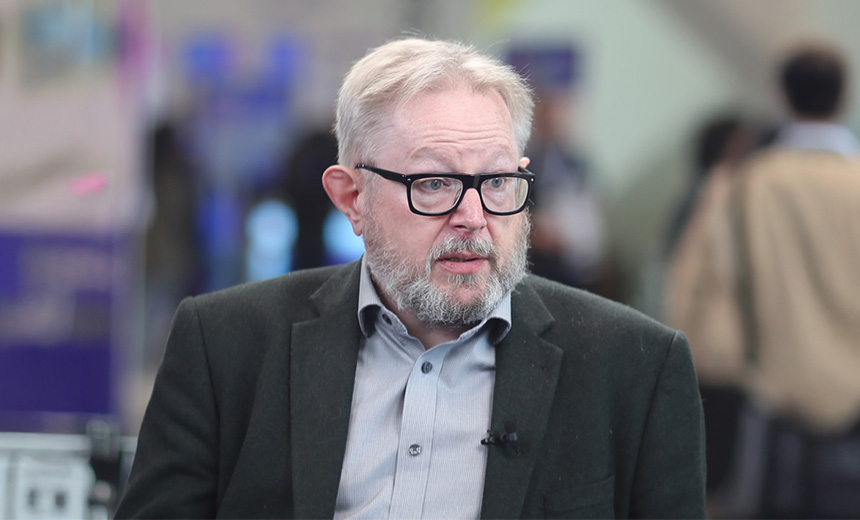CISO Trainings
,
Encryption & Key Management
,
Events
ISC2 CISO Jon France on Why Quantum Resilience Falls Squarely Under the CISO
Quantum computing is coming with both benefits and the ability to break traditional asymmetric encryption. That’s driving demand for crypto agility – understanding where you’ve got things deployed, what’s encrypted for both consumers and developers, and being able to swap libraries in a timely fashion to prepare for the change.
See Also: How Generative AI Enables Solo Cybercriminals
The first five quantum-safe algorithms have been released, so developers need to adopt them to overcome a major hurdle of legacy technology. The math has been done, and future risk depends on engineering and resolving the physics problems to build a sufficiently powerful quantum processor.
ISC2 CISO Jon France explains, “In the world of quantum, the hardware is physics engineering qubits on a chip, the software is coming, and then the useful workloads of the algorithms which will allow you to exploit the properties of quantum – so, large data sets, complex problem solving.”
In this video interview with Information Security Media Group at RSAC Conference 2025, France also discussed:
- Overcoming the heat error correction problem;
- Recent advancements in the computational power of quantum systems;
- ISC2’s quantum task force to tackle impacts for security practitioners.
France has more than 25 years of experience in building and leading diverse technology and security teams, setting and executing strategy, and delivering programs that empower stakeholders and operations while managing risk. He is responsible for securing ISC2 and acting as an advocate for security and risk management activities, skills development and awareness. Prior to joining ISC2, France led the industry security function at GSMA.

